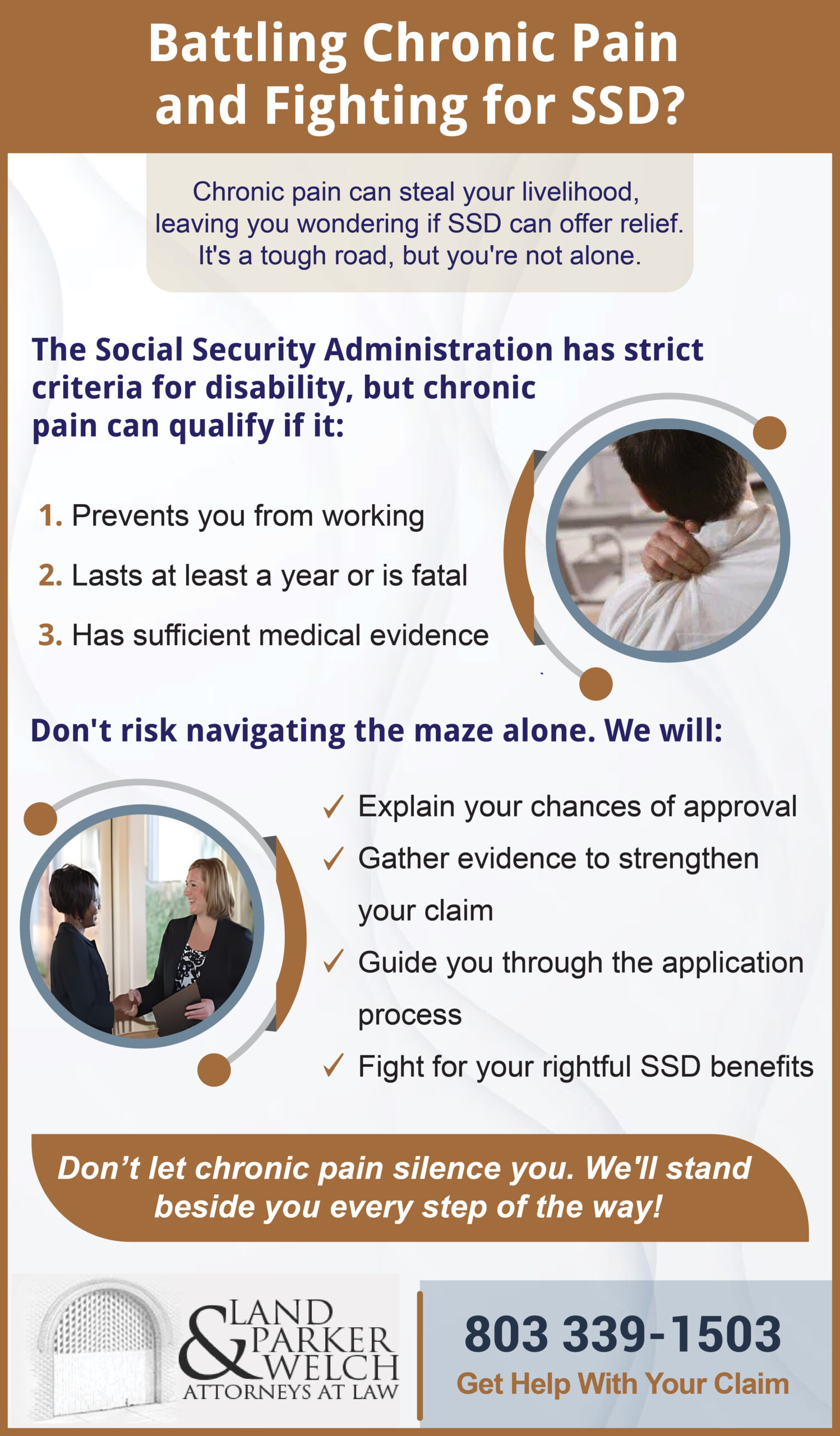 There are as many as 116 million adults in the United States who suffer from chronic pain. The National Institute of Neurological Disorders describes chronic pain as persistent pain that occurs when pain signals continue to fire in the nervous system for weeks, months or even years.
There are as many as 116 million adults in the United States who suffer from chronic pain. The National Institute of Neurological Disorders describes chronic pain as persistent pain that occurs when pain signals continue to fire in the nervous system for weeks, months or even years.
There are a variety of underlying causes of chronic pain, such as fibromyalgia, inflammatory bowel disease, arthritis and back problems. Unfortunately, there is often no cure for chronic pain unless the underlying cause can be resolved. The absence of a cure may leave patients dependent upon pain-management treatments such as acupuncture, pain medication and brain simulation.
Even with treatment, however, some chronic pain sufferers are unable to work or perform basic life activities. If you have a chronic pain condition that renders you incapable of working, you may qualify for Social Security disability (SSD) benefits. However, qualifying can be a challenge because the Social Security Administration has a strict definition of what it means to be disabled.
An experienced Manning SSD attorney at Land Parker Welch LLC, can help you understand your options and seek SSD benefits based on your chronic pain. Call (803) 435-8894 or use our online contact form for a free consultation.
Chronic Pain and the SSA’s Definition of ‘Disability’
The Social Security Administration limits disability benefits to individuals with severe disabling conditions that make them unable to work. To ensure that applicants have a serious medical condition that causes extensive impairment, the SSA has compiled a List of Impairments that will generally qualify a sufferer for benefits. This list, also called the Blue Book, outlines specific serious medical conditions that can make you eligible for benefits along with detailing what symptoms you must exhibit with each condition.
Chronic pain is not a listed condition in the Blue Book. However, there are a variety of medical problems that cause chronic pain that are listed. Some of the many medical problems that are included on the List of Impairments that may be causes of chronic pain and that may make you eligible for benefits include:
- Back injuries (listed in section 1.01).
- Inflammatory bowel disease (listed in section 5.06).
- Chronic renal disease (listed in section 6.02).
- Neurological disorders (listed in section 11.00).
- Somatoform disorders (listed in section 12.07).
- Various cancers (listed in section 13.01).
- Inflammatory arthritis (listed in section 14.09).
- Systemic lupus (listed in section 14.02).
A complete listing of different disabling conditions can be found on the SSA’s website under the Adult Listings (Part A) and Childhood Listings (Part B).
If your chronic pain is caused by one of the listed conditions, it may be easier for you to receive disability benefits. This is because each of the conditions listed are medically determinable severe impairments. In other words, you can provide objective medical records showing you have the condition.
Chronic Pain Can Also Qualify for Benefits Under an RFC Assessment
Courts have ruled that pain is a factor the SSA must consider when determining if someone functions well enough to work. This means that the SSA must assess how much your pain limits your ability to work and live your life.
When the SSA considers the impact of pain on your ability to work, this is called a residual functional capacity (RFC) assessment. The RFC assessment requires several factors be considered in determining whether you pain limits your ability to do basic work activities, such as:
- Sitting
- Standing
- Walking
- Lifting
- Pushing
- Pulling
- Carrying
- Handling
- Reaching
- Seeing
- Speaking
- Hearing
- Remembering and carrying out simple instructions
- Responding appropriately to work situations including supervision or co-workers
- Coping with changes that are customary in work settings
Relevant factors are designed to determine the intensity, persistence and limiting effects of the pain symptoms and how they affect your ability to do these tasks include:
- The location of your pain
- The duration of your pain
- The frequency of the pain
- The intensity of your pain
- How your daily activities are affected by the pain you endure
- What factors, if any, can relieve or aggravate the pain symptoms
- Whether you take medications to alleviate your pain and, if so, the type, dosage, effectiveness and side effects of these medications
- What other treatments can be used to alleviate your pain symptoms, such as physical therapy or alternative therapies
- Other options you have for relieving pain, such as resting or using hot or cold compresses
The more persistent and severe your symptoms and the more they interfere with your physical and mental functions, the better your chances of having a benefits claim approved by the SSA.
Chronic Pain Disability Attorney
When an application is based on chronic pain alone and not based on an underlying medical condition, the SSA may be reluctant to approve a benefits claim. It is important that you make a very strong case to get the disability benefits you deserve. There are a number of things you can do to strengthen your case including:
- Keeping a record of how your pain causes functional limitations. You can write down all of the different things that you need to do during the day in order to relieve your pain and all the ways in which the pain interferes with your activities.
- Making sure your medical records are comprehensive. Your doctor should be sure to chart your complaints of pain on your medical records. A record of continuous medical treatment is very important to establish credibility when you make a claim based on chronic pain, so be sure to see the doctor often when you are suffering and to seek treatments to relieve the pain, such as physical therapy or acupuncture.
- Noting the mental effects of your chronic pain. Your health issues affect more than just your body, and showing how your moods, concentration and memory are affected may also strengthen your SSD case that pain makes you unable to do basic work tasks.
The best way to make your claim is as strong as possible is to get help from an experienced Social Security disability lawyer who understands what the SSA looks for and who can help you to make a compelling case.
At Land Parker Welch LLC, our South Carolina SSD lawyers have a combined 120 years of legal experience helping clients to get the social security disability benefits they deserve. We are ready to help you secure the disability benefits you need.
Call (803) 435-8894 or use our online contact form for consultation at no charge to you.









